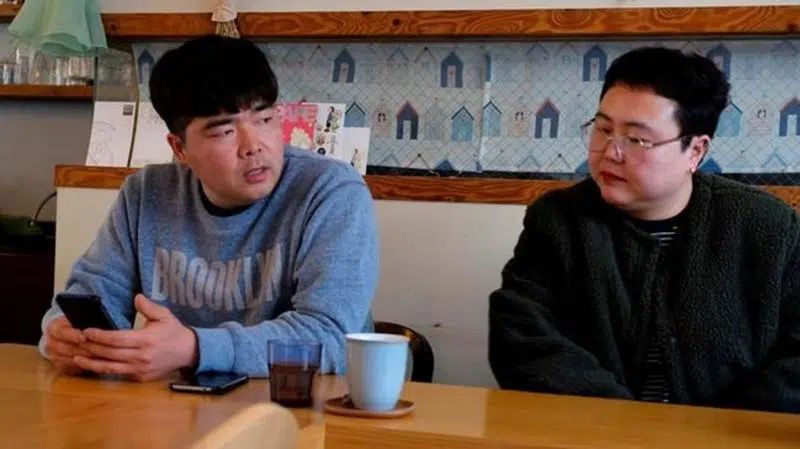
Cross-border S Korean drama overcomes political risks
SEOUL, Korea, Republic Of — For the South Korean crew behind the latest hit drama “Crash Landing on You,” recreating the life in North Korea was a painstakingly meticulous process with big political risks.
“At first, we were even told not to use the word ‘chairman'” when referring to North Korean leader Kim Jong Un, said Joo Dong-man, a props manager for the story about a South Korean billionaire heiress who accidentally paraglides into North Korea and falls in love with an army captain.
Apart from its fantastical plot line with prominent stars like Hyun Bin and Son Ye-jin, the drama has been creating a buzz for its unconventional take on North Korea.
With detailed portrayals of the isolated country down to words, objects and the makeup style, the cross-border love story even drew praises from several North Korean defectors in South Korea. Behind the effort are people like Joo, who had soaked in almost everything about the secretive regime — collecting details from books, experts and North Korean escapees.


